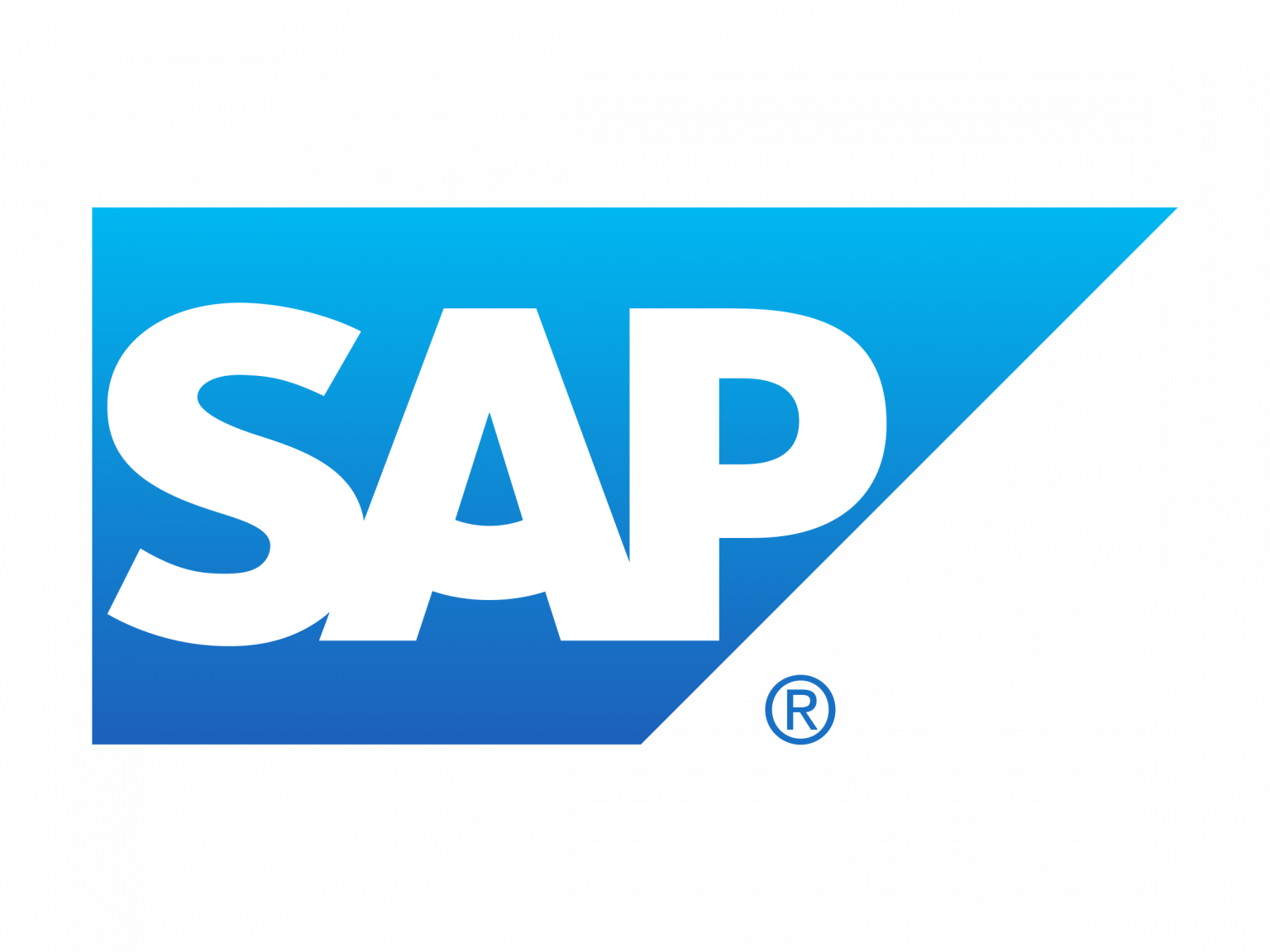Cloud commerce with high-quality API coverage and strong composability.
Summing it up

Evaluation of Spryker on the basis of the international peer review.
The Spryker Cloud Commerce OS is a modular system following the best of breed approach with a decent-sized and rapidly growing ecosystem of partners. On a business level, Spryker's App Composition Platform is particularly powerful, enabling one-click integration of technology partners. On a technical level, Spryker provides a considerable number of Software Development Kits (SDK) as building blocks to simplify the development of new integrations, as well as high-, low- and no-code customizations.
Spryker’s architecture is based on a modular system/microservices, even though the products they offer focus on capabilities which are essentially bundles of microservices. Based on Gartner's Packaged Business Capability (PBC) paradigm, this approach results in a less granular segmentation than microservices would offer, but reduces complexity and makes the deployment simpler. Services can be deployed independently and customized if needed.
Spryker is an API first solution with an exceptionally high coverage of functions via APIs. The Spryker “GLUE API” adheres to all modern quality and security standards, and supports versioning as well as different output types. High-code customizations and low-code configuration are available.
Spryker started as a purely on-premise solution, but shifted entirely to a cloud-native approach. The Spryker Cloud Commerce OS is a platform-as-a-service (PaaS) solution mainly deployed on AWS, but Azure and Google Cloud Platform are possible as well. Updates are automated for continuous deployment.
Spryker is a truly headless solution and optimized to be used in multi- and omnichannel setups. It provides a strong out-of-the-box frontend that lacks some personalization capabilities in Spryker’s own CMS, but the flexibility in terms of customizations and third party integrations is very high.
less
Native
First
larity
Spryker offers a fully modular digital commerce platform for B2B and B2C, as well as Enterprise Marketplace capabilities. Spryker was founded in 2014 in Berlin, Germany, and raised over $130 million in a Series C funding, led by Silicon Valley-based TCV in December 2020. According to Gartner®, Spryker is the fastest growing vendor in the 2021 Magic Quadrant™ for Digital Commerce.
Intro
Spryker offers a fully modular digital commerce platform for B2B and B2C, as well as Enterprise Marketplace capabilities. Spryker was founded in 2014 in Berlin, Germany, and raised over $130 million in a Series C funding, led by Silicon Valley-based TCV in December 2020. According to Gartner®, Spryker is the fastest growing vendor in the 2021 Magic Quadrant™ for Digital Commerce.
Key results
Spryker has an overall Composable Agility Score of 8.6, with an outstanding subscore for Composability at 9.1. Its modular system makes it easy to assemble and decompose, and it offers high versatility across B2B, B2C, Enterprise Marketplace and Unified Commerce capabilities. With a score of 7.7, Microservices is Spryker's lowest subscore, as its architecture is microservices-based, but the product is more focused on bundled services (PBCs).
Scoring details
9.1
Composability
The Spryker Cloud Commerce OS is designed as a modular system. It can be easily assembled and decomposed, and offers excellent versatility across B2B, B2C, and marketplaces. Spryker follows the best of breed approach with a decent-sized and rapidly growing ecosystem of partners. On a business level, Spryker’s App Composition Platform is particularly powerful, allowing technology partners to be integrated with a single click. On a technical level, Spryker provides a considerable number of Software Development Kits (SDK) as building blocks to simplify the development of new integrations as well as high-, low- and no-code customizations.
7.7
Modularity
Modular systems can be achieved in various ways, e.g. via microservices or PBCs (Packaged Business Capabilities). Due to the increasing relevance of composable solutions, modular systems are becoming more and more essential and must be adaptable accordingly.
Spryker’s architecture is based on microservices, even though their products focus on capabilities which are essentially bundles of microservices. Based on Gartner’s packaged business capability (PBC) paradigm, this approach offers less granular segmentation than microservices, but reduces complexity and makes deployment simpler. Services can be deployed independently, and are ready to be used right away. Alternatively, custom project configuration can be provided to every application and service. Spryker’s microservices are available via horizontal (e.g. frontends, backend, backoffice) and vertical distributions (those which are functionality based).
8.9
API First
Spryker is an API-first solution with an exceptional range of functions available via APIs. Spyker’s multi-tenant API platform was launched in 2020, and is now an industry leader in terms of architecture that lends itself to business agility. The Spryker “GLUE API” adheres to all modern quality and security standards, such as OAUTH, OAUTH 2.0, OIDC, HATEOAS hypermedia content, and versioning. The GLUE API supports JSON per default, and allows extensions with other formats.
Spryker Cloud Commerce OS really stands out when it comes to the customization of APIs. These can be implemented as a traditional development task, but low-code options also exist. Spyker can connect with over 300 endpoints via APIs. All B2C and most B2B and Marketplace functionalities are available via Spryker’s APIs. Spyker’s API is provided with an automatic documentation generator which generates Swagger- and Postman-compatible outcomes.
8.7
Cloud Native
Spryker started as a purely on-premise solution, but shifted to a completely cloud-native approach. The Spryker Cloud Commerce OS is a platform-as-a-service (PaaS) solution mainly deployed on AWS, but Azure and Google Cloud Platform are available as well. Following the 12 Factor App and cloud-native approaches, Spryker ensures flexible management of PaaS or SaaS usage and operations. Updates are automated for continuous deployment. Spryker is deployed using docker container technology. This allows applications to be deployed and scaled quickly into any environment, secure in the knowledge that the code will run. Spyker’s CI/CD is automated and based on git workflow.
8.7
Headless
Headless software, and headless commerce in particular, describes an architecture that completely separates the business logic, data, and complex functionality from the client-side front end. Spryker is a headless solution and optimized to be used in multi-channel and omni-channel setups. It provides a powerful out-of-the-box frontend that lacks some personalization capabilities in Spryker’s own CMS, but the flexibility in terms of customizations and third-party integrations is very high. Additionally, Spryker’s PBCs and tech stack-based distribution are decoupled.
Bottom line
Spryker is a leader in the Composable Agility Score with a special focus on composability via its App Composition Platform and the use of Packaged Business Capabilities. The PBCs give microservices the lowest of what are, overall, very high subscores. The Spryker Cloud Commerce OS is headless throughout, with nearly-complete, high-quality API coverage, and deployed natively on leading cloud hosting providers.





















